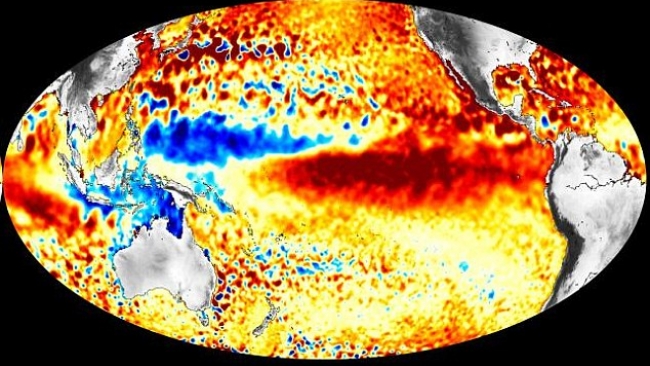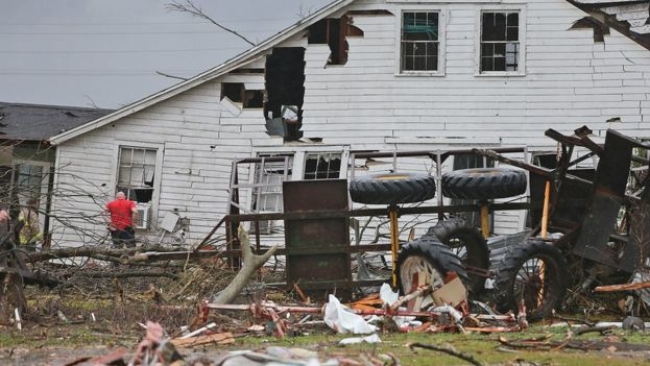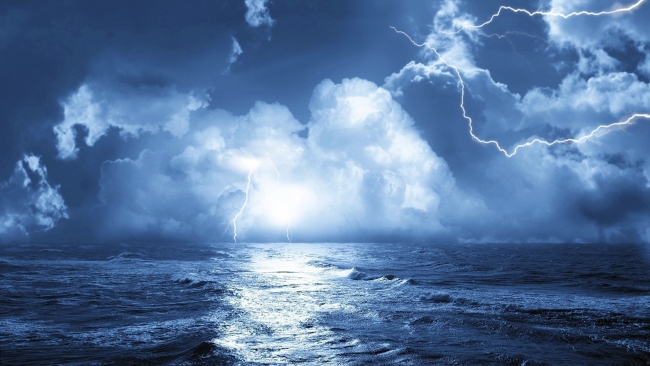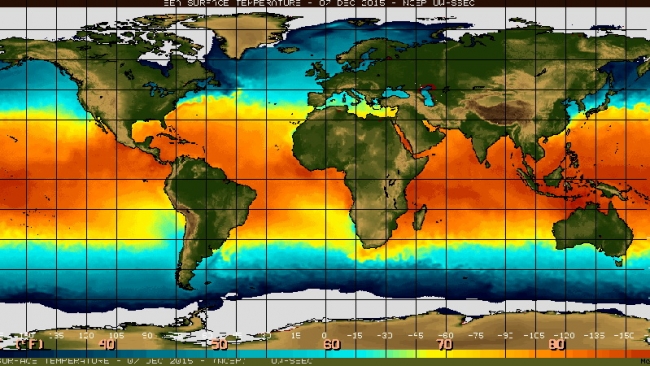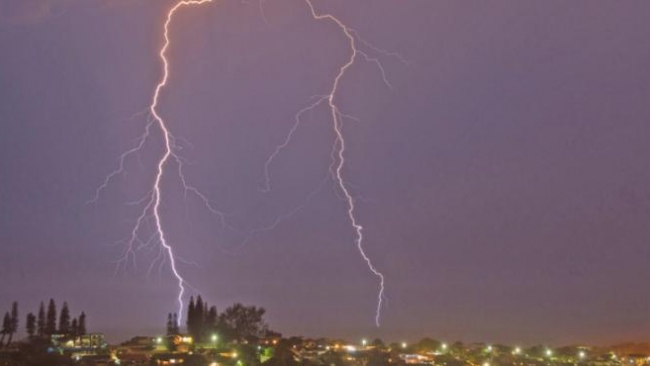Swaziland Declares National Emergency As Drought Intensifies
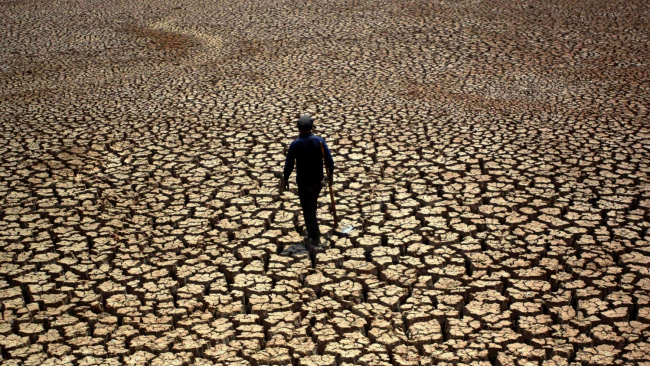
The government of Swaziland has declared a national emergency as the land-locked southern African nation continues to suffer the effects of a devastating drought.
The Prime Minister, Dr B Sibusio Dlamini, said that the draught, which began in 2014 as a result of the El Nino weather event, has "deepened in severity, with a path that has defied regional weather forecasting" and has had "devastating consequences."
He said: "The negative impact of the drought has led to seriously diminished water availability for crop production, human consumption and livestock sustenance. At the present time, we count the loss of around 40,000 head of cattle, and have to report a serious food and water vulnerability currently experienced by approximately 300,000 of our people, which is around 25 per cent of the population."
And he said that the country is also plagued by the "devastating onset of the HIV and Aids crisis" in the country. According to the UN, almost 40 per cent of the Swazi population is now HIV infected. Therefore, the Kingdom is now facing "a desperate scenario, which requires urgent national and international intervention."
A National Disaster Management Agency (NDMA) has been established to deal with both issues. On the HIV/Aids front, Dr Dlamini said that the country needed to "adopt the approach of being at war with a national enemy."
Source: all Africa
Thu 3 Mar 2016 at 11:51

